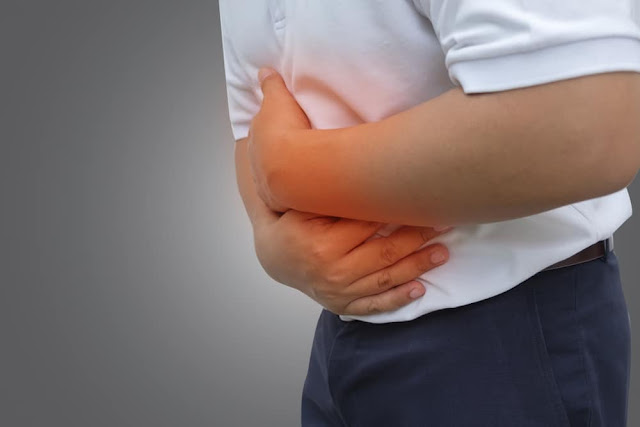Symptoms of Blood Coagulation in Stomach Can Be a Sign of Cancer
Read Also
In medical language, blood clots in the veins or arteries or known thrombosis or embolism. This condition usually occurs in the lower legs, thighs and pelvis, but can also occur in the arms, lungs, brain, kidneys, heart, and stomach. Blood clots in the stomach may be rare but there is still a chance you may have them.
What are the symptoms of blood clotting in the stomach?
Blood clotting symptoms vary with everyone. You will not always have symptoms with blood clots. This condition is arguably unique to parts of the body that have clotted. Symptoms depend on how quickly the lump is formed and its size.Common symptoms of blood clots in the stomach include:
- Severe stomach ache
- The abdominal pain disappeared
- Nausea
- Gag
- Feces are bloody
- Diarrhea
- Bloated
- The presence of accumulation of stomach fluid, known as ascites
Does stomach blood clotting include cancer symptoms?
It is possible that a blood clot in the abdomen is the first sign of undiagnosed cancer.In a Danish study, researchers found people who experienced blood clots in the abdomen were more likely to be diagnosed with cancer within three months of the first symptoms, compared with people who did not have blood clots.
The most common cancers associated with this condition are cancer of the liver, pancreas, and blood cells. Cancer, in general, increases the formation of blood clots. Damage to the veins, along with the slow blood flow, is believed to also increase the likelihood of abnormal blood clots in the cancer.
Further research is needed to understand the further connection between abdominal blood clotting and cancer.
Who is at risk of having a blood clot in the abdomen?
Actually, normal blood clots occur when injuries or injuries arise. The body does this response so there is not much blood coming out when you are injured.However, sometimes you can experience blood clots without any injury. These types of blood clots are dangerous because they interfere with the blood flow of organs. Blood clots can occur in any part of the body, including the stomach.
Some factors that may increase your risk for having blood clots include:
- Immobility, such as from a long plane ride or rest in an old bed.
- Operation
- Family history of blood clots
- Polycythemia vera (high abnormal red blood cell count).
- Hormones, including estrogen and progesterone found in birth control pills and hormone therapy are used to relieve menopausal symptoms.
- Pregnancy
- Smoke
- Liver cirrhosis
- Appendicitis, and other stomach infections, which may cause blood clots in the stomach as a result of bacteria and inflammation.
- Trauma or injury
- Inflammatory bowel disease
If you have symptoms of blood clots in the stomach or are at high risk of having this condition, seek medical help immediately.
How is blood clotting in the stomach diagnosed?
If your doctor suspects you have a blood clot in the abdomen based on symptoms, physical examination, and medical history, your doctor may perform investigations such as ultrasound (ultrasound) and CT scan of the abdomen and pelvic area to help see your intestinal tract and organs.Treatment for blood clots in the stomach
Blood clots are usually treated with anticoagulants, drugs that thin the blood and prevent clots from growing larger, developing more, or reappearing. However, this drug does not dissolve blood clots.
Common blood-thinning medications used include:
- Heparin, given intravenously through a needle in your arm.
- Warfarin, in pill form.
- Enoxaparin (Lovenox), in the form of heparin injections that can be administered under the skin.
After performing some of the above treatments, the lumps will be reabsorbed by the body, although in some cases it never goes away completely.
Surgery or using a direct clot-disintegrating drug into a clot may be necessary in the case of large, potentially damaging organs or life-threatening organs. In addition, treating the cause of blood clots is also necessary for the treatment of this condition.
How do you think about the article Symptoms of Blood Coagulation in Stomach Can Be a Sign of Cancer. Write your opinion in the comment field.

0 Response to "Symptoms of Blood Coagulation in Stomach Can Be a Sign of Cancer"
Post a Comment